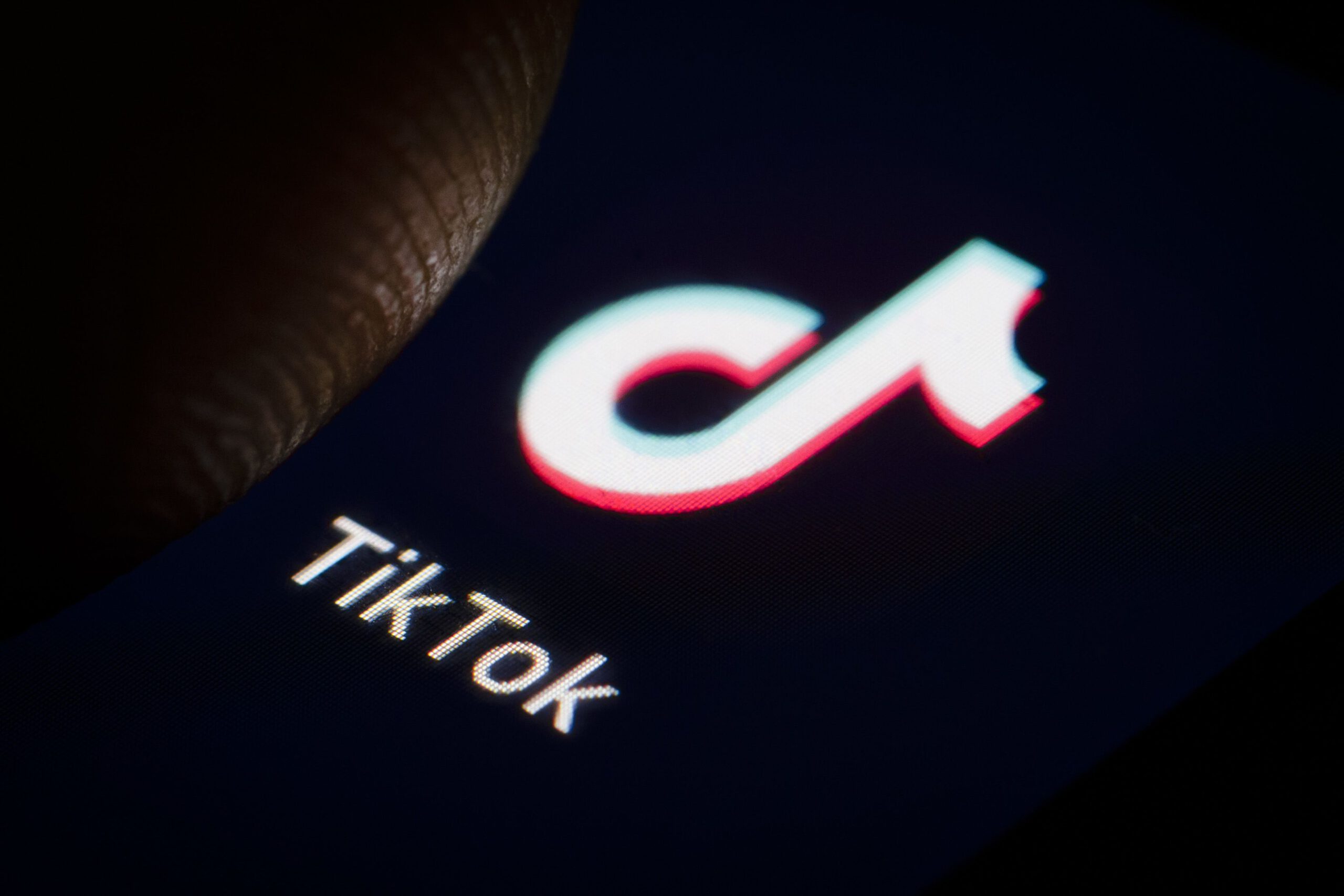

Pavel Durov, the founder and CEO of Telegram, was detained in France over the weekend in connection with an ongoing investigation into the alleged use of the platform for criminal activities. The 39-year-old billionaire was apprehended by French authorities at Paris–Le Bourget Airport shortly after arriving from Azerbaijan on a private jet. Durov’s arrest is part of a broader investigation into Telegram’s role in facilitating illegal activities, including fraud, sexual exploitation, drug trafficking, cyberbullying, organized crime, and the promotion of terrorism.
Telegram, which Durov (picture) co-founded with his brother in 2013, has become one of the world’s most popular messaging platforms, with nearly one billion active users. The app, known for its strong emphasis on privacy and security, offers end-to-end encryption, making it nearly impossible for third parties, including the platform itself, to access users’ private messages. This commitment to privacy has made Telegram a favored tool for users in countries with strict government controls on information, particularly in Russia, Ukraine, and other former Soviet states.
However, the very features that have made Telegram popular have also attracted scrutiny from governments and law enforcement agencies around the world. The platform has been criticized for allowing the dissemination of illegal content, including extremist propaganda, disinformation, and services for the sale of illegal goods. Critics argue that Telegram’s minimal content moderation and refusal to cooperate fully with authorities have made it a haven for criminal activities.
The investigation that led to Durov’s arrest is being led by France’s cybersecurity gendarmerie unit and the national anti-fraud police. According to sources, the investigation centers on Telegram’s alleged failure to prevent the spread of illegal content and Durov’s refusal to cooperate with law enforcement requests. French authorities have so far declined to provide specific details of the charges Durov might face, but the nature of the investigation suggests a serious legal battle could be ahead.
Durov, who left Russia in 2014 after refusing government demands to shut down opposition groups on his earlier social media platform VK, has long positioned Telegram as a neutral and independent platform. He has frequently stated that Telegram should not be a “player in geopolitics” and has resisted efforts by various governments to influence the platform’s policies. His commitment to privacy and free speech has earned him both praise and criticism globally.
The arrest has sparked a diplomatic dispute, with Russian officials expressing outrage and accusing France of double standards regarding freedom of speech. Moscow has demanded access to Durov, accusing French authorities of refusing to cooperate. The Russian foreign ministry has called for clarification on the situation and questioned whether Western human rights organizations would speak out in defense of Durov, given their past support for Telegram’s operations in Russia.
Internationally, the arrest has reignited debates over the responsibilities of social media platforms in preventing the misuse of their services. While many platforms have implemented stricter content moderation policies in recent years, Telegram has maintained a more hands-off approach, arguing that its role is to provide a secure space for free communication rather than to police its users’ activities. This stance has increasingly put the company at odds with regulators, particularly in Europe, where new laws like the Digital Services Act impose stricter requirements on online platforms.
Durov’s detention, which can legally last up to 96 hours, has drawn significant attention from both media and legal experts. Depending on the outcome of his interrogation, French authorities could decide to release him or press formal charges, which could lead to further detention or legal proceedings. The case is unusual in that disputes over content moderation are typically handled as civil matters rather than through criminal proceedings, making Durov’s arrest a potentially precedent-setting event.
The incident has also attracted the attention of prominent figures in the tech industry. Some have expressed concern that Durov’s arrest could signal a broader crackdown on tech entrepreneurs who prioritize privacy and free speech over regulatory compliance. Critics of the arrest argue that it represents an attack on the fundamental rights of free expression and association, particularly in an era where online platforms play a critical role in global communications.
As the situation unfolds, Durov’s case is likely to become a focal point in ongoing discussions about the balance between privacy, free speech, and the responsibilities of tech companies in monitoring and controlling content on their platforms. The outcome of this case could have significant implications not only for Telegram but for the wider tech industry as governments around the world grapple with the challenges posed by digital platforms in the modern era.











